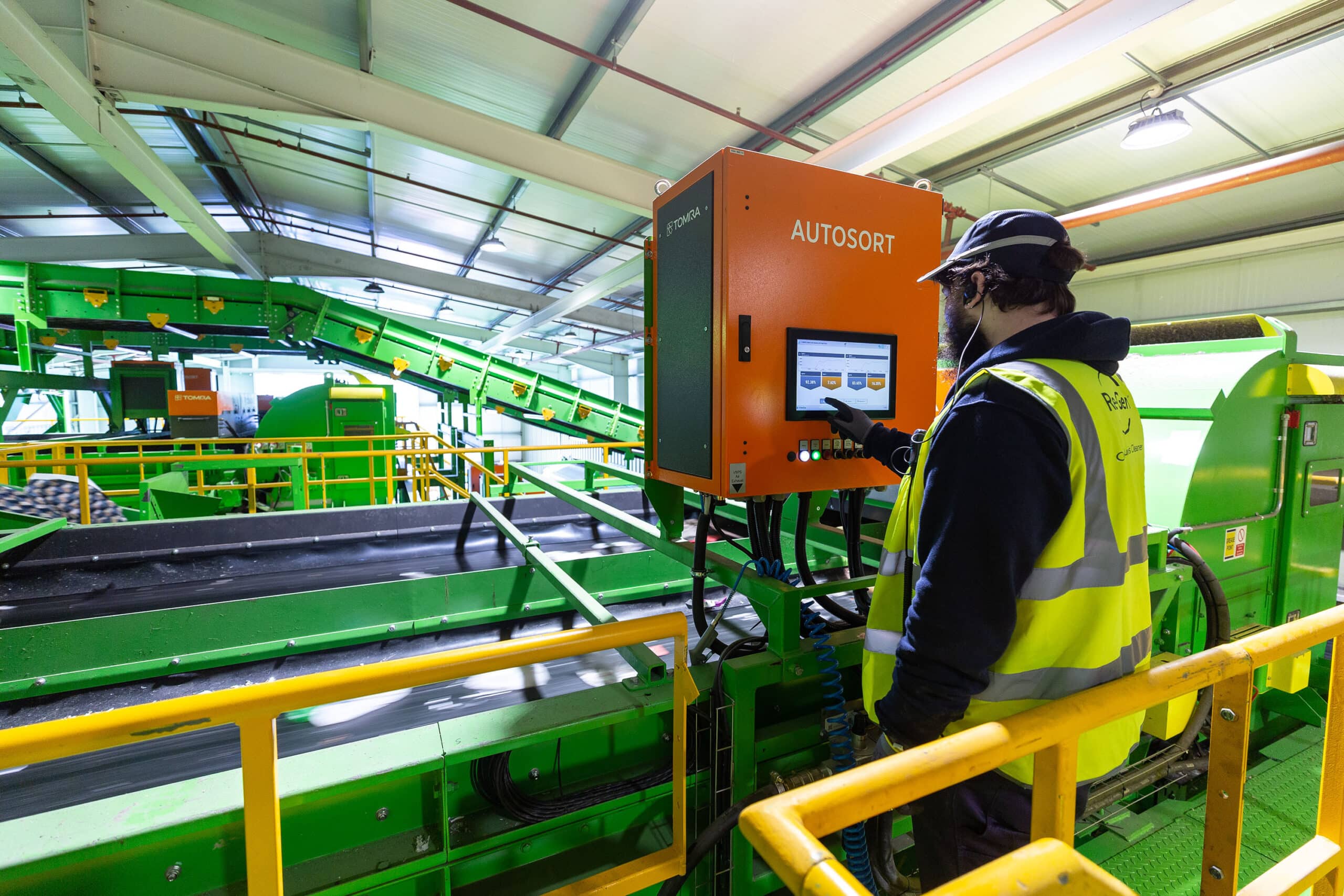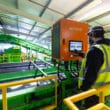
The majority of Northern Ireland householders prefer a waste collection system which allows them to put all their waste into just three wheelie bins, according to a recent survey.
More than 94% of respondents to the poll run by online news website Armagh I (which surveyed 1,033 people) said they preferred the fully recyclable or commingled system over the alternative six bin system, known as kerbside sort.
In the latter, householders are required to sort all their dry recyclables into separate caddy bins.
In the commingled system, all waste goes into three wheelie bins: the blue, or in some cases green, bin accounts for all dry recyclables, including glass; the brown bin for food and garden waste, and the grey or black bin for all residual waste.
It is the simplest system, and the one householders prefer, said Joseph Doherty, Chief Executive of Re-Gen Waste: “The survey confirms that householders by far prefer the fully commingled system when it comes to their waste collection,” he said. “It is simple, it’s cost effective for local councils and it encourages people to recycle more so is better for the planet.
“The kerbside box system is complicated and forces householders to effectively operate a recycling centre in their own homes. It is much easier to commingle your dry recycling and let experts like us at Re-Gen sort your waste.”
The survey was carried out in response to consultation currently being run by the Department of Agriculture, Environment and Rural Affairs (DAERA) consultation to find the best waste collection system for Northern Ireland’s householders.
At present, each of the 11 councils in Northern Ireland have differing collection systems and DAERA is considering one uniform method for the whole of Northern Ireland in the consultation, Rethinking Our Resources: Measures for Climate Action and a Circular Economy in NI Consultation. At its heart is finding a system which is the best for the region’s environment and helps reach fast-approaching 2030 climate targets.
However, government data shows that the three-bin system – where all household waste is sorted into one of three wheelie bins – consistently leads to higher levels of recycling by householders due to its simplicity. More waste being recycled means less going to landfill or incineration and a reduction in Northern Ireland’s carbon emissions.
Also, there is no need for householders to sort waste in their own homes. Companies like Re-Gen are able to carry out that process at their plant in Newry using state-of-the-art technologies optical and robotic technologies. Because the technology is so effective, it produces a more consistent level of recyclate which is supplied to local companies for recycling into new products.
Meanwhile, analysis commissioned by Re-Gen has found moving to the six-box system will cost Stormont £1 billion over the next seven years when the price of the new bin lorries, new boxes and a range of other costs are fully accounted for.
“The fully commingled waste system makes sense on every level and is the only sensible choice if we’re to decarbonise Northern Ireland’s waste system in the coming years. It’s good for the environment, it’s good for the economy and it’s good for the local recycling industry,” said Joseph.
To have your say in the consultation talk to your local elected representative or go to: https://consultations2.nidirect.gov.uk/daera/rethinking-our-resources/consultation/






